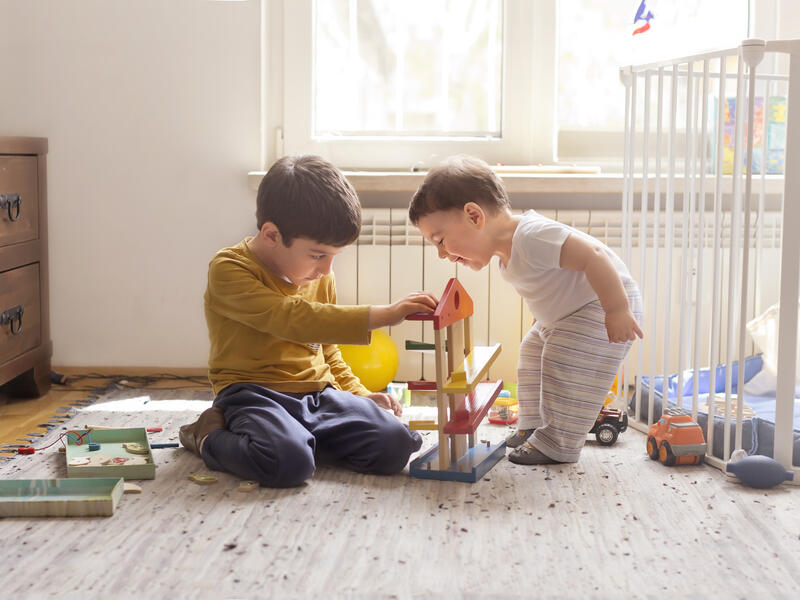Does your toddler throw a toy or bite when they are angry or frustrated? This is typical. It is normal for toddlers to struggle with self-control and managing their impulses.
What is self-control?
Self-control is the ability to control and manage our emotions, impulses and behaviors, especially in difficult situations. Developing self-control begins at birth but continues throughout our lifespan.
Toddlers with self-control may say, “I am mad at you,” or, “I don’t like that.” However, when self-control is lacking, your toddler may react impulsively with behaviors. Building self-control in toddlers is critical to their future success and healthy overall development.
When do toddlers learn self-control?
Children younger than age 3 have limited self-control. The part of the brain responsible for exerting control over their emotional impulses is not well developed until age 3 or 4.
Toddlers feel strong emotions just like adults. However, the skills to process strong emotions have not yet been developed. Until your child has developed self-control, they will resort to more impulsive behaviors and reactions.
Tips to help your toddler learn self-control
Developing your toddler’s self-control will help them to get along with others, cope with frustration, and manage daily challenges. Consider the following tips to help your toddler learn self-control.
- Model self-control. Your child learns by watching and listening. Try to model calm, thoughtful responses to the emotions and challenges you encounter in your day.
- Offer choices. Present your child with two acceptable options and let him or her choose. “Would you like to brush your teeth before putting on your pajamas?” Giving options will eliminate power struggles and allow your child to feel in control of the situation.
- Help your child learn to wait. Waiting will help your child learn self-control. They also will learn that others have needs, too. Make the wait time short, and give your child something to do in the meantime.
- Play games. Play games such as “freeze dance” or “red light, green light” that require your toddler to stop and control his or her body. Use your child’s pretend play as an opportunity to teach and model self-control.
- Know your toddler’s temperament. Some toddlers can go with the flow. Others are unable to manage changes in their daily routine. When you know your toddler’s temperament, you can minimize stress and adapt to his or her comfort level.
It will take time for your toddler to learn and develop self-control skills. Be consistent and supportive as your toddler learns and grows.
Learn more
- Help your child learn self-control
- How to promote social and emotional health in youth
- Decisions, decisions: Offering your preschooler choices
…
Posted In Children's, Family Medicine, Parenting
